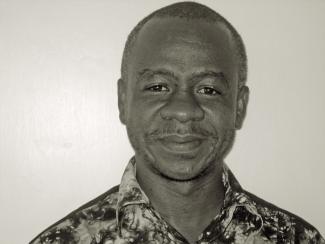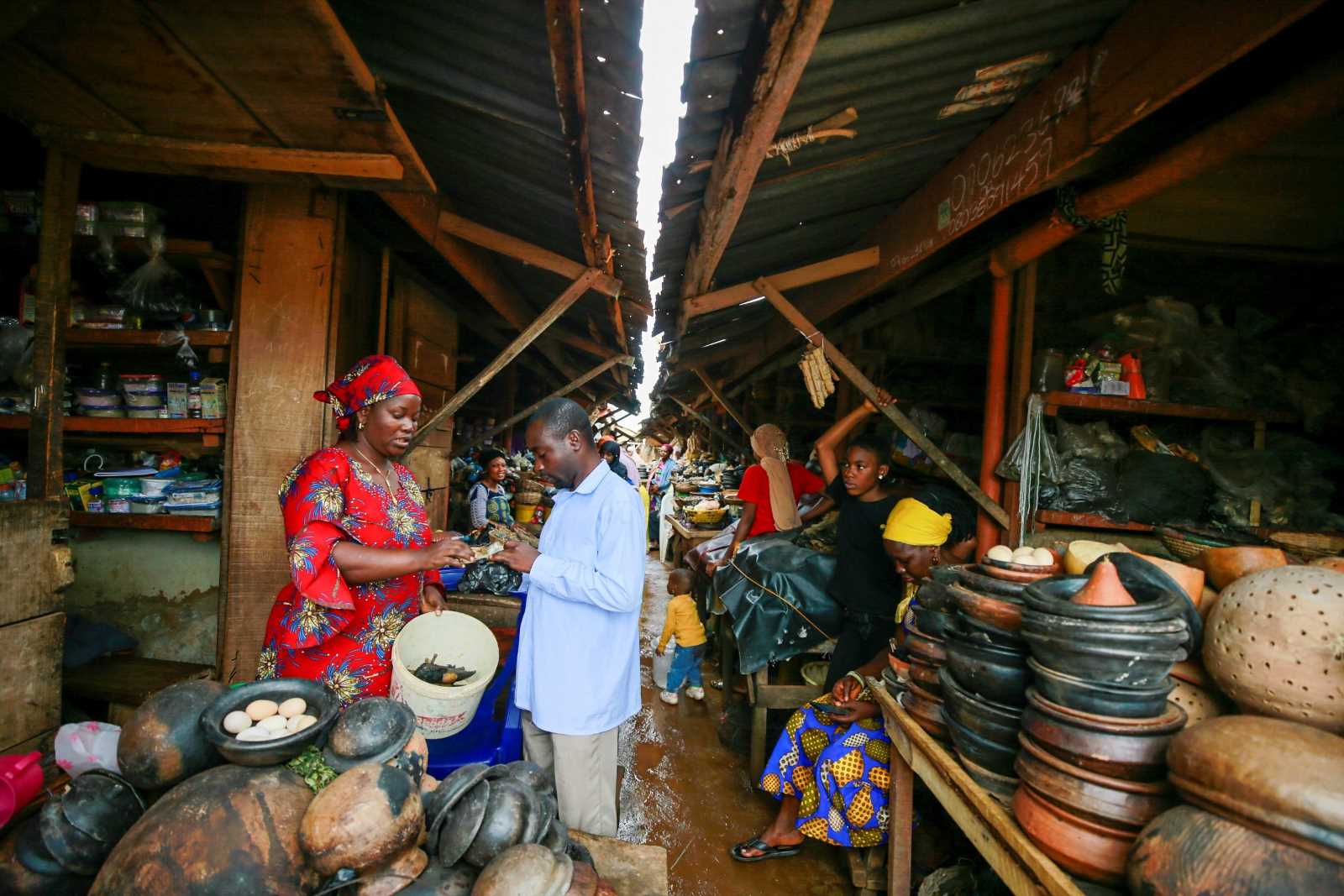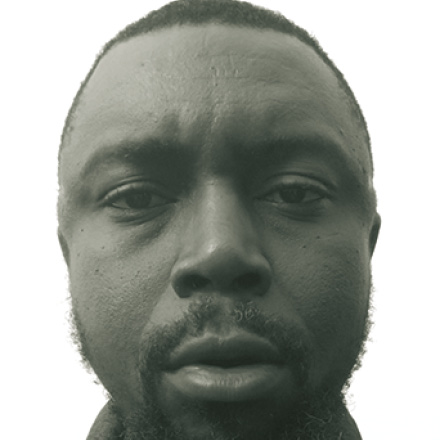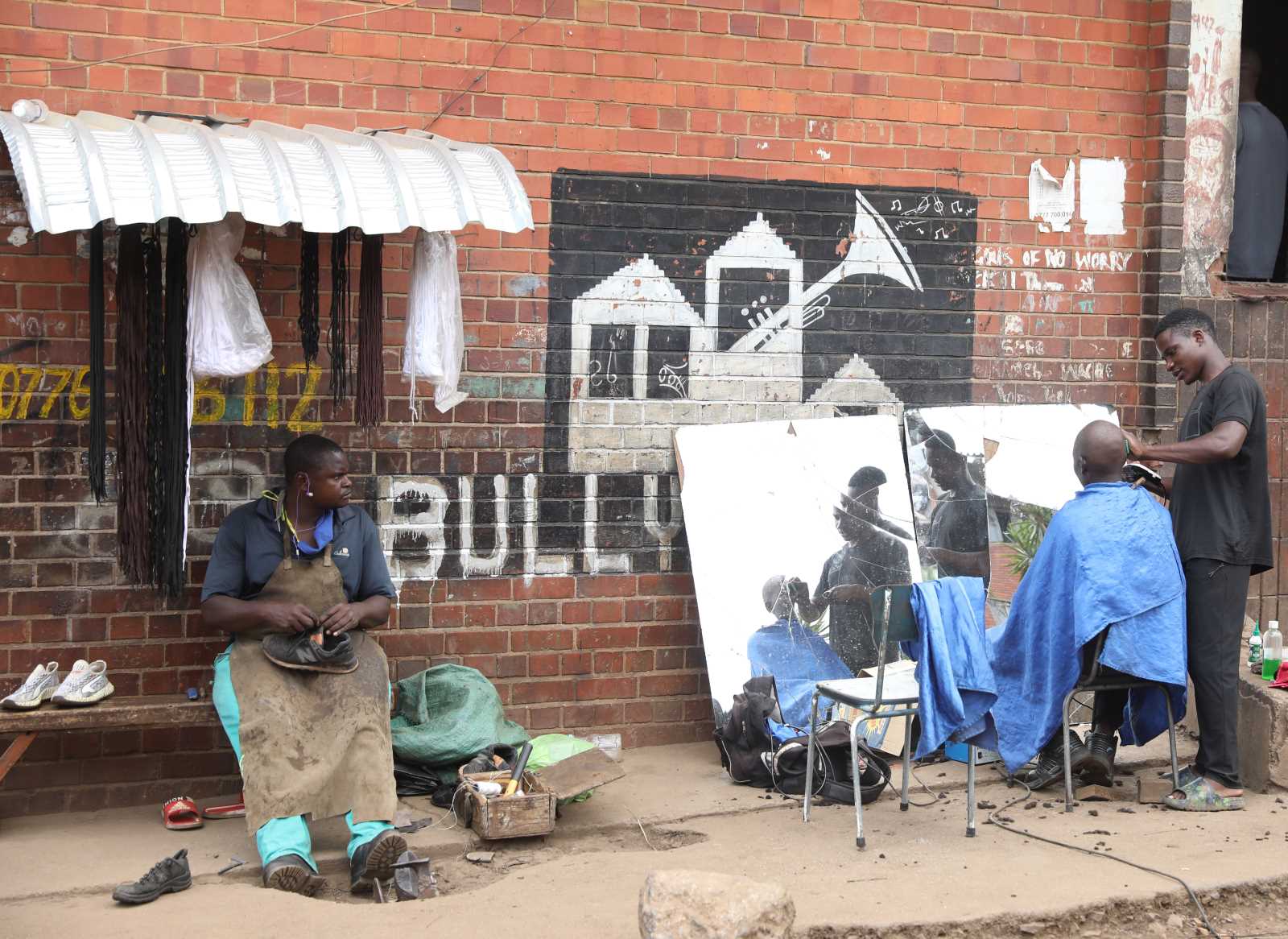Nowadays
Regulating traditions

In Tanzanian cities, posters promoting traditional medicine are all over the place, offering the services of traditional healers who claim to be able to cure all sorts of illnesses. According to Nsachris Mwamaja, the spokesperson in the Ministry of Health and Social Welfare, the decision to ban the advertising was made because some of it was misleading. The government, moreover, wants all traditional healers to be registered by the Traditional and Alternative Health Practices Council (TAHPC). Not all of those who used posters, banners and adverts were registered accordingly.
The Tanzanian government has been trying to standardise traditional medicine for several decades. In 1974, the Traditional Medicine Research Unit was established at the University of Dar es Salaam. In 1989, the government set up a Traditional Health Services Unit, in order to unify traditional health practitioners and mobilise them to form their own association. Traditional health services were officially recognised in the National Health Policy of 1990. In 2002, the Traditional and Alternative Medicines Act was introduced.
According to Paul Mhame, who works for the Ministry of Health’s Traditional and Alternative Medicine Unit, people tend to opt for traditional rather than scientific treatment for two main reasons: out of desperation – when medicine does not work – and due to social orientation and even ignorance. Financial issues are not decisive, he says, as traditional medicine can be cheaper, but sometimes also more expensive than Western medicine.
“When people suffer from diseases which cannot be cured using conventional treatment, they tend to turn to traditional medicine,” Mhame says. People fail to differentiate between witchcraft and alternative treatment, however. Therefore, the government wants all traditional healers to be registered and their practice supervised.
There are an estimated 75,000 traditional healers in mainland Tanzania, excluding Zanzibar. Over 5,000 traditional healers have been registered in the past two years. In Dar es Salaam alone, the country’s largest city and commercial capital, there are over 900 traditional healers even though where there are enough hospitals and doctors. Mhame considers this proof of “how much their services are accepted in the community.”
Nathan Mussa is a traditional healer who is in favour of the government having all healers registered. He argues that “this will set apart authentic healers from impostors who tarnish the image of our profession.” Many of his patients suffer from serious ailments such as pneumonia or infertility, Mussa reports. He also provides treatment for addicts who want to recover from substance abuse. He says he is able to cure most patients who turn to him.
Kilasa Mtambalike is journalist and editor at the Tanzania Standard. kmtambalike@yahoo.com













